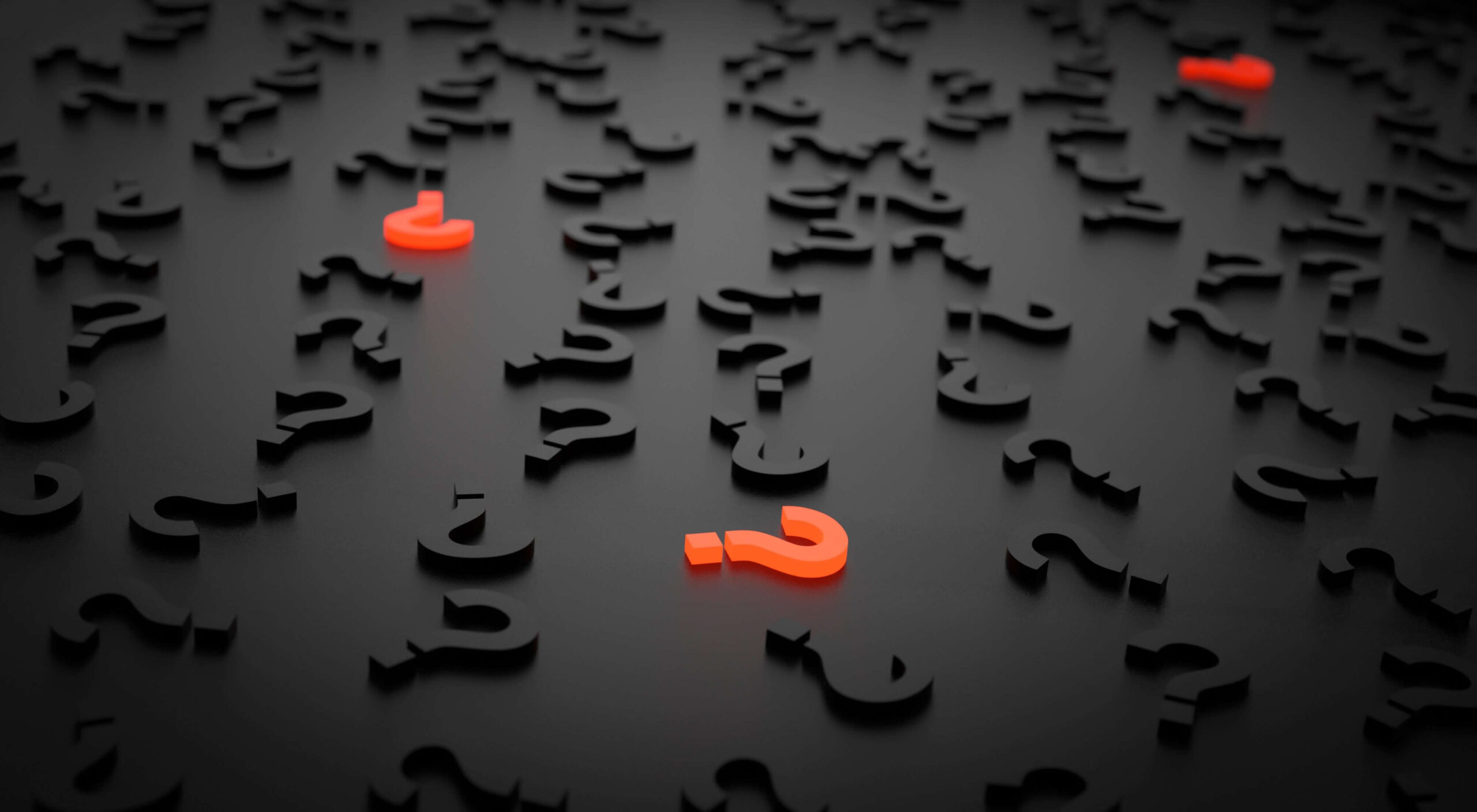
“Public Performance” is any use / execution / presentation of the work that makes the work accessible to a wider circle of people than close circle of family, friends and the immediate social environment, regardless of whether the persons of this wider circle are in the same or in different places.
If the use of music takes place outside a narrow personal circle purely for personal enjoyment and is not used in a public place (such as a store or a doctor’s office), it is not considered public performance.
Music is useful when it improves the atmosphere, for example through a radio or a central sound system in offices, cafes, restaurants, parking lots, etc. Music is essential for entertainment when it is emphatically present as dance music in public places such as nightclubs etc.
Permission is required if customers or staff are able to listen to the music. In this case you will pay an annual fee for your leave, as defined by our published payroll.
In these cases, you have paid for the music as a product, which is separate from the license to use / present / perform the music in public. For public Performance, relevant fees will have to be paid to GEA and the copyright collection agencies (EDEM , AUTODIA).
Right. You need a separate license for each form of music use, in this case for the standby music in your call center and for the music in the company restaurant. However, you will be billed with a single invoice.
Yes, regardless of whether the music is played all year round or only during a single event / activity, licensing is always a legal obligation. You can obtain a special GEA license for a short time or for a single event / activity.
Yes, it exists and can be obtained through GEA. You can get a similar license for other periods of time or for specific holidays, such as Halloween.
Music use must be licensed for each store separately. To do this, use the application form on our website. If you prefer a single invoice, you can request it at no extra charge.
Permission is required whenever music is used outside the personal circle, as mentioned in the “Music Users” category. The law does not distinguish between for-profit and non-profit organizations. Therefore, even if your organization is non-profit and works with volunteers, you will need to have a license to pay GEA.
Yes of course. However, factors such as your limited business hours and area of business have already been incorporated and counted in the payroll.
It depends on how the music is used. If the music starts automatically every time users visit your page, then you need a license from GEA. However, if visitors have to choose to start the music themselves and can choose what they will see or hear, then this is an “on-demand” use, and GEA will not be allowed to pay. The rights for this use are provided directly by the record companies.
For more information, both on the music “on request” and on the use of music videos, you should contact the Organization for the Collective Management of the Rights of Producers of Audio or Audio and Video Materials (GRAMMO) and the organizations ERATO and APOLLO.
Yes, you do need a license to play music, regardless of the equipment you use for this purpose. This also applies to the channels you usually tune in to.
This period (70 years after the creator’s death) is linked to the protection provided for copyright (for composers / lyricists, managed by EDEM and AUTODIA.
GEA, however, manages related rights on behalf of performers, performers and record producers, which are subject to different terms of protection. A piece of music is protected for 70 years after the material integration or if it has been legally published 70 years after the first legal publication. It is noted that in no case can this time be less than the lifetime of the beneficiary.
GEA analyzes the use of music in two ways: using the license application forms completed by music users, as well as through inspections by our authorized staff. Based on this, GEA determines if a license is required, and if so, what prices apply.
According to the current legislation, you have violated the law and legal procedures will be followed for its collection, while you will be additionally charged with court costs.
The GEA audit team conducts inspections of businesses / music users.
GEA, which is a civil non-profit organization, is responsible for calculating and distributing the rights to the organizations of musicians (APOLLO), singers (ERATO) and producers (GRAMMO), who are then responsible for the distribution. of money to the beneficiaries.
Both copyright and related rights are protected in most countries by respective laws. In particular, the countries of the European Union must have legislation that is in line with European directives, as is already the case.
The change of address must always be submitted in writing. Relevant correspondence can be sent here:
GEA
Mesogeion 231 & Dimokratias, N.Psychiko
GEA represents a different group of beneficiaries from EDEM / AUTODIA.
EDEM / SELF-MANAGEMENT manages the rights of music creators (copyright), ie composers and lyricists. GEA manages the rights of music performers (related rights), ie producers, performers and musicians.